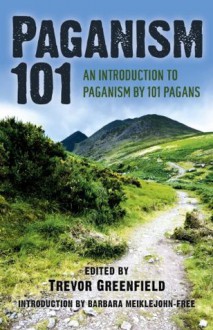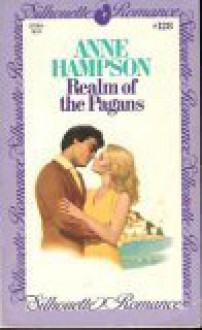
by Sandra Kynes
This is a Llewellyn book, definitely targeted at Pagans and Wiccans and about using crystals in magic to enhance magical ritual with the use of crystals.
Unlike a lot of books of this kind, it has a wealth of practical information that would be of interest to anyone interested in gemstones or any mineral that might be used in jewellery. There is some history of the use of gemstones in medicine as well as cosmetics and information about their constituents, followed by a science chapter that I found very interesting indeed. This included information about how crystals help to support life and how crystals are formed and reformed in nature. Also about crystal structures and non-mineral crystals like Amber, jet and petrified wood. The information about optical properties of stones was especially fascinating.
There are many pictures in black and white, but of such good resolution that they work in a book where color might have been expected.
Chapter 3 is about Selecting and Preparing Stones. This one hit my 'new age' meter and I questioned some of the advice, particularly about putting salt water on stones. For many that will do no harm, but opals, especially Ethiopian opals, would lose their color, at least for several weeks.
Chapter 4 on using crystals in magic, however, mostly impressed me. There was some good advice for charging crystals and color correspondences given that actually matched up with older information about associations. I liked the explanation of crystal grids, though I've heard of this idea before.
There were two things I thought needed a warning. One was that you should never stare directly at a candle flame during a divination as it can harm the eyes. I can see the method of watching the flame through a clear stone working okay if the stone was big enough, but I did feel some caution should have been given about keeping the flame completely behind the stone at all times.
The other thing was about using oils. Oil an opal and it will lose its color forever. Other than that, the part about herbs and oils was very interesting as was the mention of the significance of birthstones, though it seemed to skirt around some of the disagreement about which stones belong to each month.
Much of the book is a compendium of stones, giving information about more that a hundred varieties of minerals. It was strong on history and description, but didn't give hardness index.
Appendix A deals with magical properties of stones, while Appendix B lists associated deities. I'm not knowledgeable enough to judge the accuracy of either of these, but found the information interesting and the extensive bibliography suggests that the author did a lot of research.
Over all this was a very good book on the subject with its strengths being on history, science and thoroughness. I may well get a hard copy to keep on my reference shelf.

 Log in with Facebook
Log in with Facebook 








